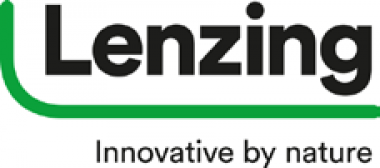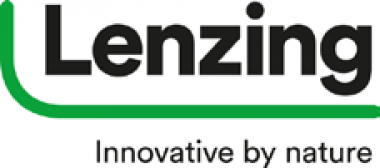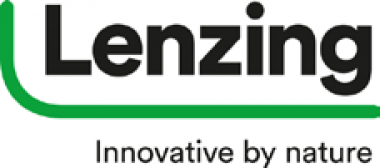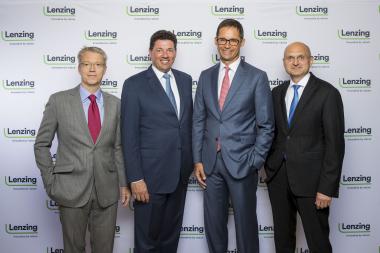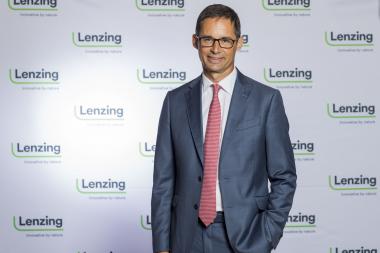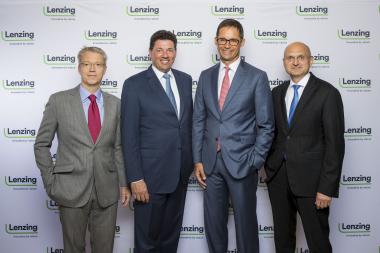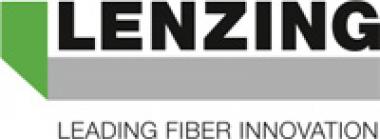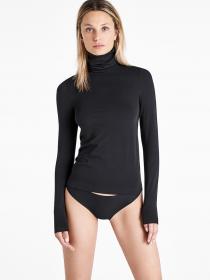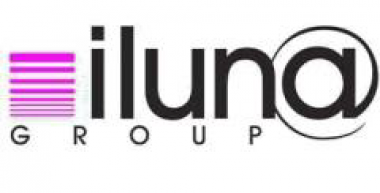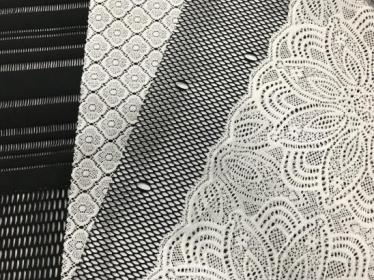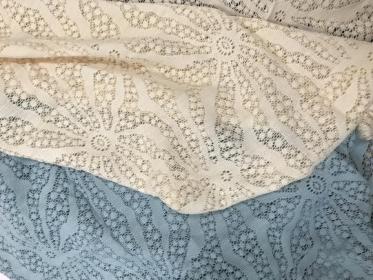Lenzing joint venture to build dissolving wood pulp plant in Brazil
- Investment of approx. USD 1.3 bn in 500,000 t dissolving wood pulp plant
- Key milestone to structurally strengthen cost leadership position
- Significant step towards carbon neutrality
The Lenzing Group and Duratex announced that they will build a 500,000 t dissolving wood pulp plant in the State of Minas Gerais, near Sao Paulo (Brazil). The start-up is planned for the first half of 2022. In the joint venture, Lenzing holds a 51 percent, Duratex a 49 percent stake. The expected industrial CAPEX will be approx. USD 1.3 bn. The project is financed through long-term debt. The corresponding financing contracts are expected to be concluded at the end of the first quarter of 2020.
Key milestone to structurally strengthen cost leadership position
The new dissolving wood pulp plant strengthens the Lenzing Group’s backward integration and cost position as well as its specialty fiber growth in line with its sCore TEN corporate strategy. The single-line dissolving wood pulp plant with an annual nameplate capacity of 500,000 tons will be the largest and most competitive production facility of its kind. Dissolving wood pulp is a key raw material required for manufacturing Lenzing’s biobased fibers. The joint venture will supply the entire volume of dissolving wood pulp to the Lenzing Group.
“Wood-based cellulosic fibers offer an important contribution to enhance sustainability in the textile industry. In line with its corporate strategy sCore TEN, Lenzing is committed to drive organic growth in this market. With this investment, we will become more competitive, act more independently and subsequently strengthen our market position. The trust and support of the main shareholders of Lenzing and Duratex were of great importance for this key project”, states Stefan Doboczky, CEO of the Lenzing Group.
Strong focus on sustainability
In planning the new production facility, particular importance was given to sustainability aspects. The joint venture secured FSC®-certified plantations1 covering an area of over 44,000 hectares to provide the necessary biomass. These plantations operate completely in accordance with the guidelines and high standards of the Lenzing Group for sourcing wood and pulp. The plant will operate among the highest productive and energy-efficient in the world and will feed the 40 percent of excess bioelectricity generated on site as “green energy” into the public grid. With this project, Lenzing sets a milestone in its strategy to carbon neutrality.
Lenzing AG


